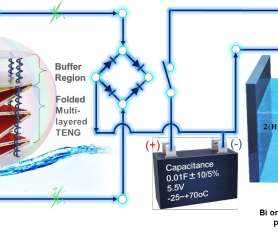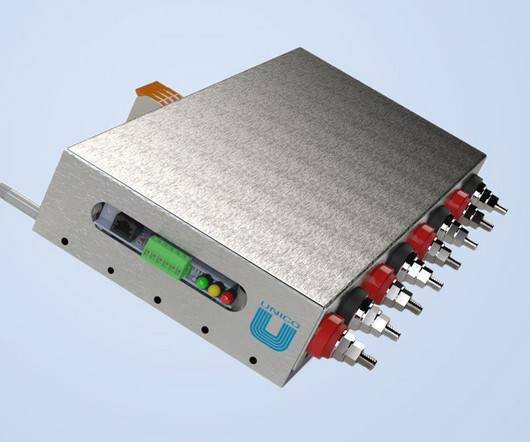Georgia Tech team develops melt-infiltration technique for scalable production of solid-state batteries
Green Car Congress
MARCH 10, 2021
A new fabrication technique could allow all-solid-state automotive lithium-ion batteries (ASSLBs) to adopt nonflammable ceramic electrolytes using the same production processes as in batteries made with conventional liquid electrolytes. —Kostiantyn Turcheniuk, co-author. —Gleb Yushin. Turcheniuk, K.,






































Let's personalize your content